Ubuntu is an open source software operating system that runs from the desktop, to the cloud, to all your internet connected things.
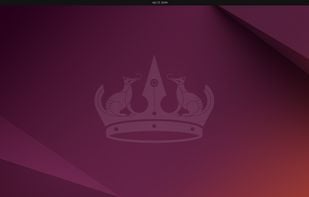
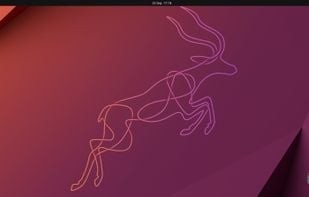
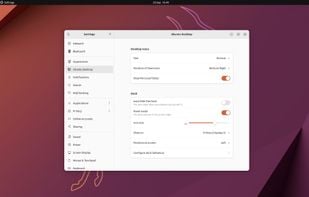
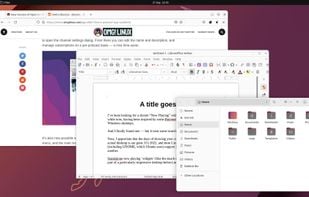
Ubuntu is an open source software operating system that runs from the desktop, to the cloud, to all your internet connected things.




LUKS is the standard for Linux hard disk encryption. By providing a standard on-disk-format, it does not only facilitate compatibility among distributions, but also provides secure management of multiple user passwords. LUKS stores all necessary setup information in the partition header, enabling to transport or migrate data seamlessly.
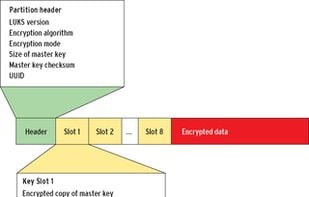
systemd is a suite of basic building blocks for a Linux system. It provides a system and service manager that runs as PID 1 and starts the rest of the system. ArchWiki: https://wiki.archlinux.org/title/systemd
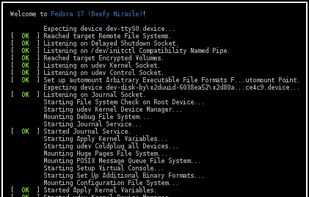
The X Window System (X11, or simply X) is a windowing system for bitmap displays, common on Unix-like operating systems. X provides the basic framework for a GUI environment: drawing and moving windows on the display device and interacting with a mouse and keyboard. The X.Org project provides an open source implementation of the X Window System. ArchWiki: https://wiki.archlinux.org/title/Xorg libinput: https://wiki.archlinux.org/title/libinput
Alternatives: Wayland
Wayland ArchWiki: https://wiki.archlinux.org/title/Wayland

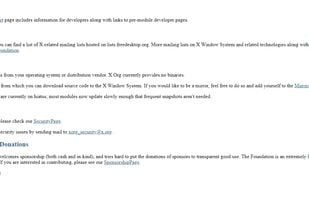
PulseAudio is a sound system for POSIX OSes, meaning that it is a proxy for your sound applications. It allows you to do advanced operations on your sound data as it passes between your application and your hardware. Things like transferring the audio to a different machine, changing the sample format or channel count and mixing several sounds into one are easily achieved using a sound server. ArchWiki: https://wiki.archlinux.org/title/PulseAudio Troubleshooting: https://wiki.archlinux.org/title/PulseAudio/Troubleshooting
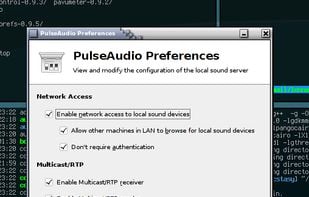
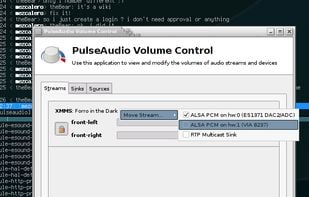
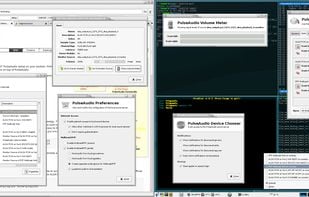
GNOME is a free and open-source desktop environment for Unix-like operating systems. GNOME is part of the GNU Project and developed by The GNOME Project which is composed of both volunteers and paid contributors, the largest corporate contributor being Red Hat. Help: https://help.gnome.org/users/index.html.en ArchWiki: https://wiki.archlinux.org/title/GNOME GNOME Shell Extensions: https://extensions.gnome.org/ Extension Manager: https://github.com/mjakeman/extension-manager
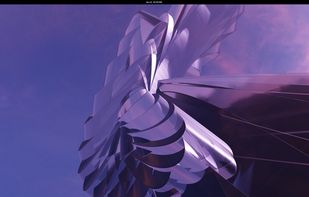
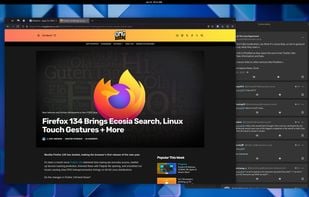
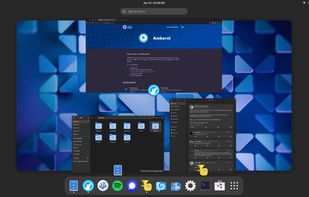
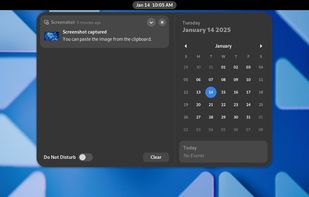
Déjà Dup is a simple backup tool for GNOME. It hides the complexity of backing up the Right Way (encrypted, off-site, and regular) and uses ![]() Duplicity as the backend.
https://wiki.archlinux.org/title/Synchronization_and_backup_programs
Duplicity as the backend.
https://wiki.archlinux.org/title/Synchronization_and_backup_programs
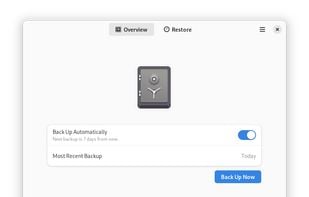
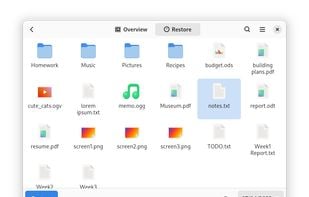
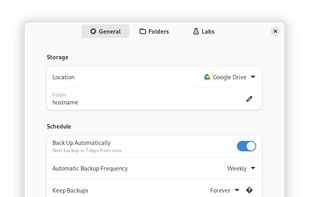
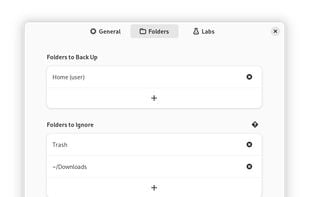
GNOME Software lets you install and update applications and system extensions. fwupd: https://fwupd.org/lvfs/docs/users
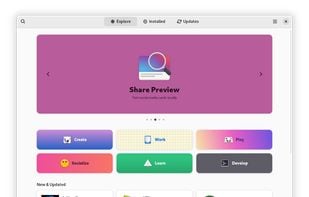
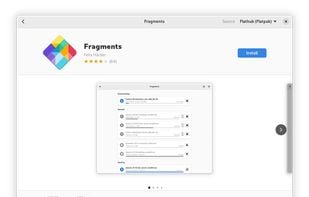
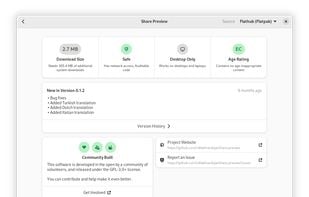
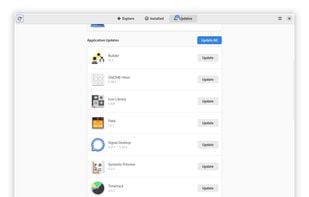
Snaps are app packages for desktop, cloud and IoT that update automatically, are easy to install, secure, cross-platform and dependency-free. They're being used on millions of Linux systems every day. Documentation: https://snapcraft.io/docs
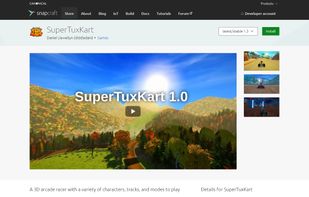
Search thousands of snaps used by millions of people across 41 Linux distributions.
Requires ![]() Snapcraft.
Snapcraft.
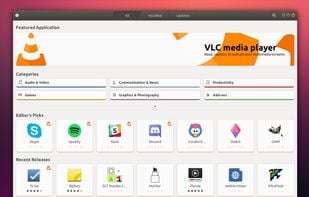
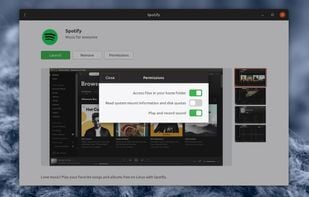
Flatpak is a next-generation technology for building and distributing desktop applications on Linux. Documentation: https://docs.flatpak.org/
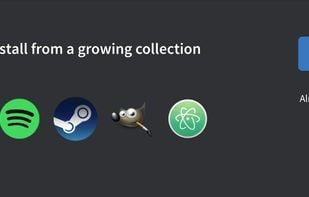
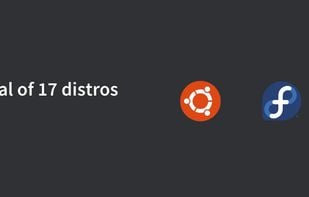
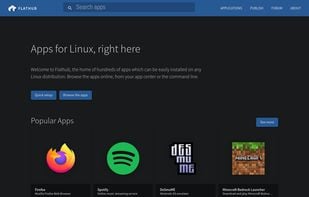
Flatseal is a graphical utility to review and modify permissions from your Flatpak applications.
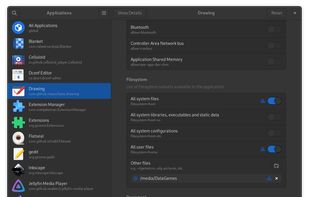
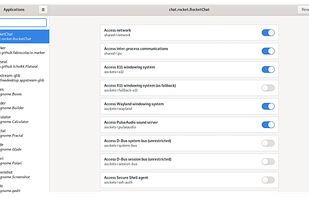
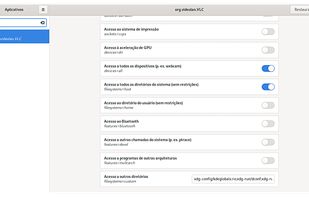
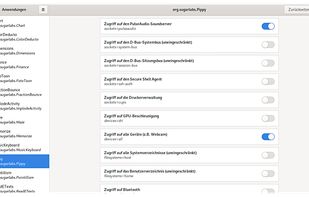
Wine (originally an acronym for "Wine Is Not an Emulator") is a compatibility layer capable of running Windows applications on several POSIX-compliant operating systems, such as Linux, macOS, & BSD. Instead of simulating internal Windows logic like a virtual machine or emulator, Wine translates Windows API calls into POSIX calls on-the-fly, eliminating the performance and memory penalties of other methods and allowing you to cleanly integrate Windows applications into your desktop. Wine User's Guide: https://wiki.winehq.org/Wine_User%27s_Guide Wine FAQ: https://wiki.winehq.org/FAQ ArchWiki: https://wiki.archlinux.org/title/Wine
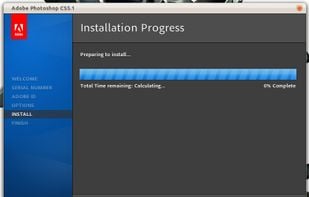
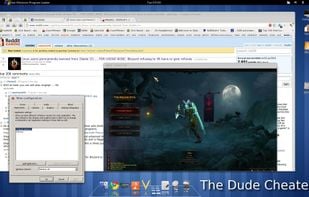

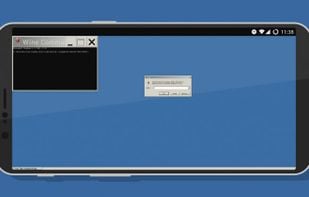
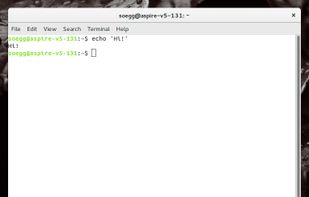
System Monitor is a tool to manage running processes and monitor system resources.
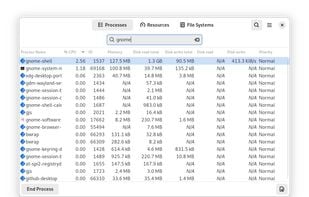
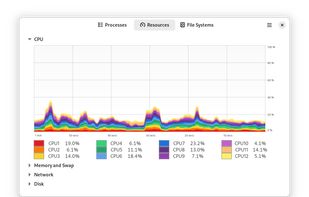
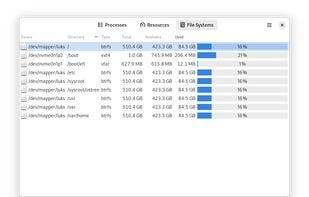
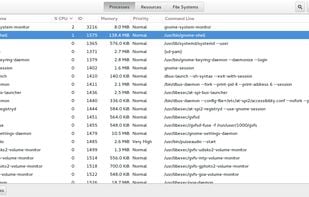
Tweaks allows the adjustment of several advanced GNOME options that can't be configured in GNOME Settings.
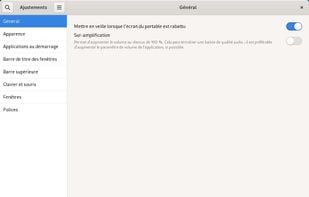
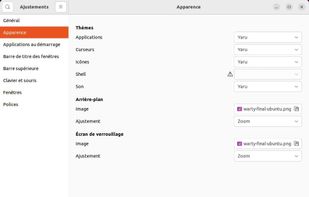

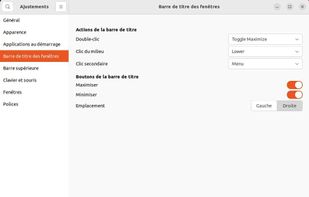
Simple file manager for GNOME. Also known as Nautilus. Provides the user with a simple way to navigate and manage files. Nautilus Wipe: https://wipetools.tuxfamily.org/nautilus-wipe.html
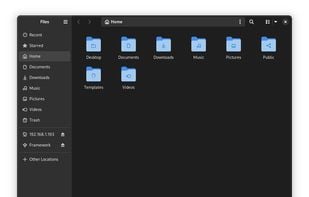
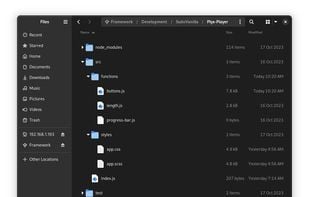
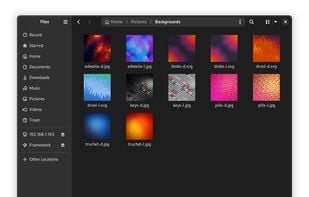
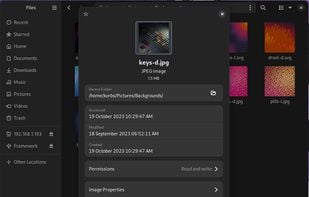
File Roller is an archive manager for the GNOME environment. This means that you can create and modify archives; view the content of an archive; view and modify a file contained in the archive; extract files from the archive.
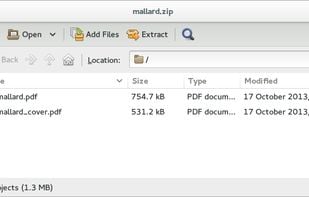
Access everything with virtually zero effort. Run applications, open files or their paths, open bookmarks in your browser, search the web, calculate things and a lot more. Albert is a desktop agnostic launcher. Its goals are usability and beauty, performance and extensibility. It is written in C++ and based on the Qt framework.
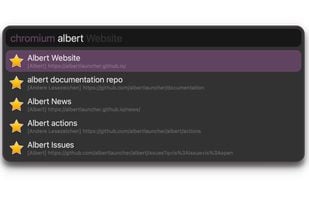
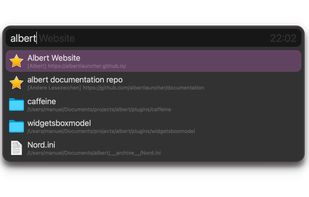
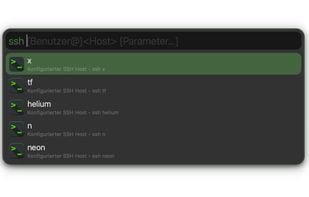
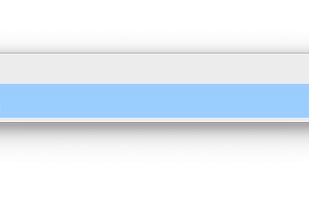
KeePassXC can store your passwords safely and auto-type them into your everyday websites and applications. KeePassXC is a community fork of ![]() KeePassX, the cross-platform port of
KeePassX, the cross-platform port of ![]() KeePass for Windows. Every feature works cross-platform and was thoroughly tested on multiple systems to provide users with the same look and feel on every supported operating system. This includes the beloved Auto-Type feature.
KeePass for Windows. Every feature works cross-platform and was thoroughly tested on multiple systems to provide users with the same look and feel on every supported operating system. This includes the beloved Auto-Type feature.
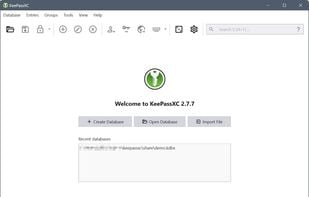
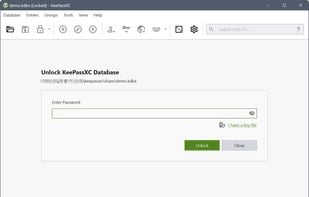
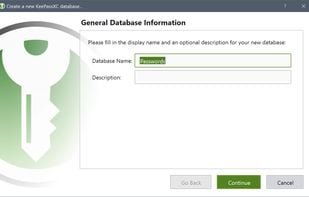
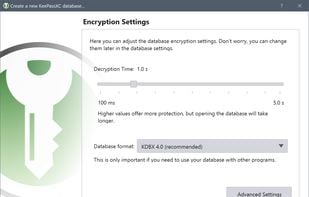
PWGen is a professional password generator capable of generating large amounts of cryptographically-secure passwords—“classical” passwords, pronounceable passwords, pattern-based passwords, and passphrases consisting of words from word lists.
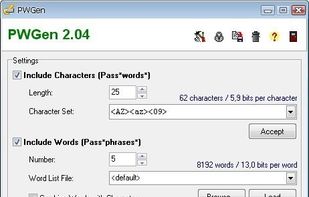
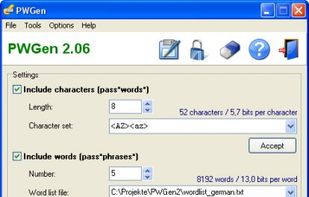
Seriously private browsing. Firefox shows you how many data-collecting trackers are blocked with Enhanced Tracking Protection. ![]() Firefox Lockwise makes the passwords you save in Firefox secure and available on all your devices.
Firefox Lockwise makes the passwords you save in Firefox secure and available on all your devices. Mozilla Monitor alerts you if we know your information is a part of another company’s data breach.
Add-ons: https://addons.mozilla.org/firefox/
ArchWiki: https://wiki.archlinux.org/title/Firefox
Alternatives: Vivaldi
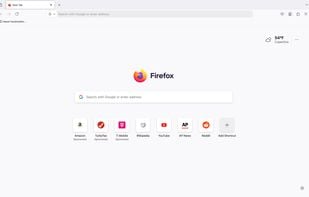
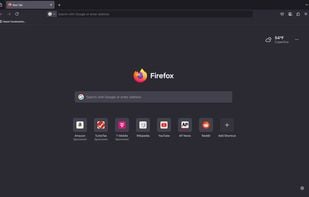

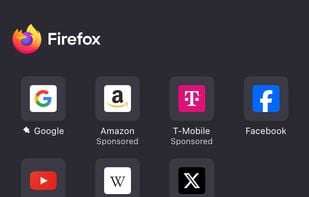
An efficient blocker add-on for various browsers. Fast, potent, and lean.
Alternatives: ![]() Adblock Plus,
Adblock Plus, AdGuard

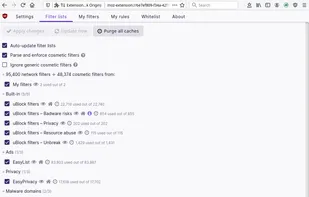
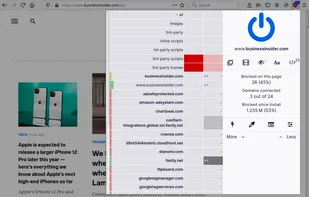
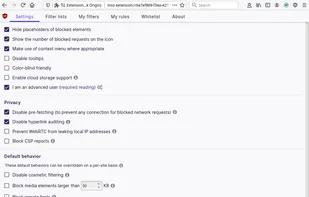
The Tor software protects you by bouncing your communications around a distributed network of relays run by volunteers all around the world: it prevents somebody watching your Internet connection from learning what sites you visit, it prevents the sites you visit from learning your physical location, and it lets you access sites which are blocked. The Tor Browser lets you use
Tor on Windows, macOS, or Linux. It can run off a USB flash drive, comes with a pre-configured web browser to protect your anonymity, and is self-contained.
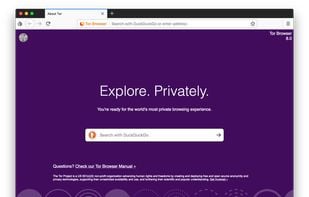
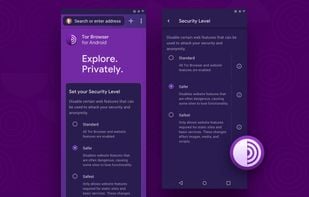
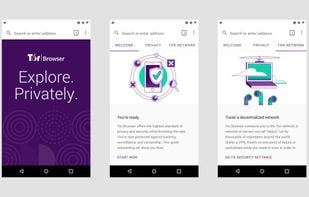
Thunderbird is a free email application that’s easy to set up and customize - and it’s loaded with great features! Thunderbird Snap: https://snapcraft.io/thunderbird Add-ons: https://addons.thunderbird.net/thunderbird/ ArchWiki: https://wiki.archlinux.org/title/Thunderbird New Mail Indicator: https://extensions.gnome.org/extension/1505/ How to start Thunderbird minimized: https://askubuntu.com/a/1054822/440005
Alternatives: Evolution,
![]() Geary,
Geary, ![]() Claws Mail,
Claws Mail, ![]() Mailnag
Geary Flatpak: https://flathub.org/apps/details/org.gnome.Geary
Mailnag
Geary Flatpak: https://flathub.org/apps/details/org.gnome.Geary


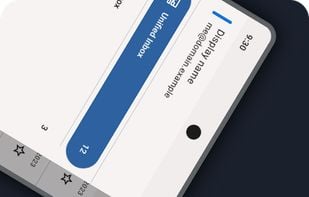
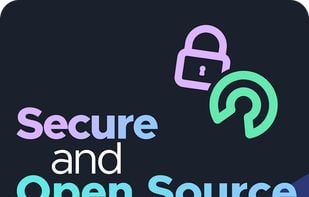
Organize your schedule and life’s important events in a calendar that’s fully integrated with your Thunderbird or SeaMonkey email client. Manage multiple calendars, create your daily to do list, invite friends to events, and subscribe to public calendars.
From Thunderbird 74 onwards Lightning does not exist as a separate add-on but is integrated into Thunderbird.
Alternatives: Evolution,
GNOME Calendar
Evolution ArchWiki: https://wiki.archlinux.org/title/GNOME/Evolution
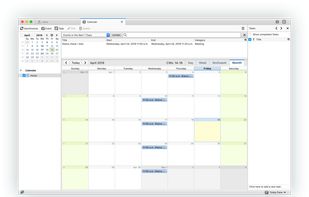
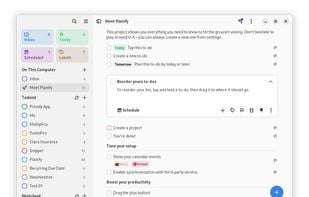
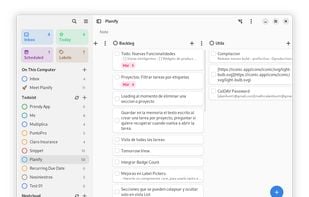
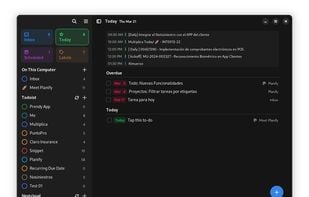
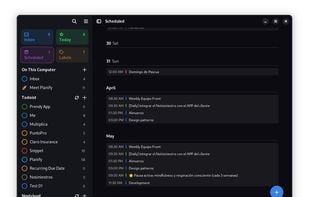
Date Reminder reminds you of recurring or nonrecurring events, like birthdays, bills to pay, appointments etc...
Requires ![]() Wine to run.
Wine to run.
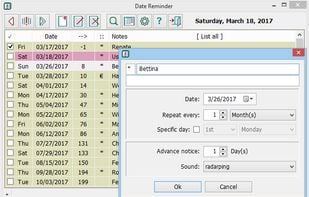
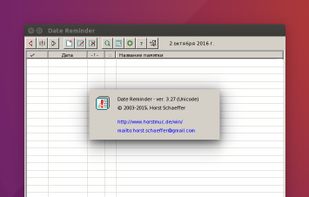
A simple clock application for GNOME. It includes world clocks, alarms, a stopwatch and a timer.
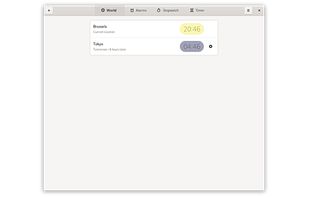
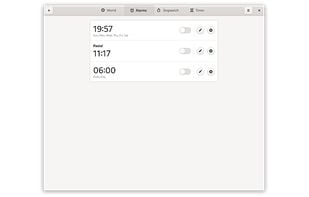
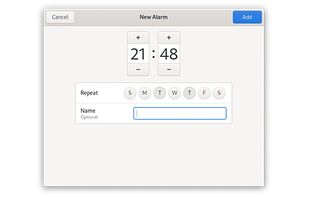
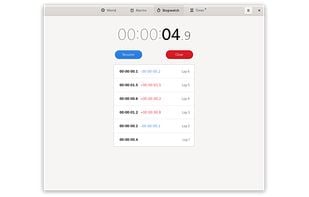
Calculator is an application that solves mathematical equations and is suitable as a default application in a GNOME Desktop environment.
Alternatives: ![]() SpeedCrunch,
SpeedCrunch, ![]() Qalculate!,
Qalculate!, ![]() NaSC
NaSC
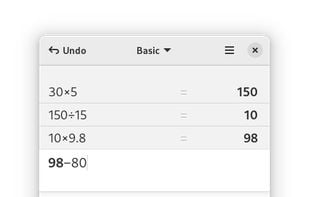
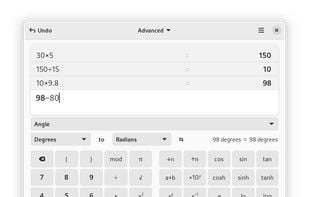
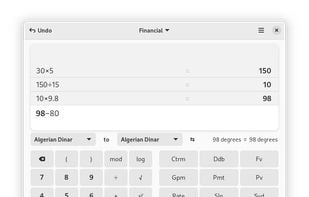
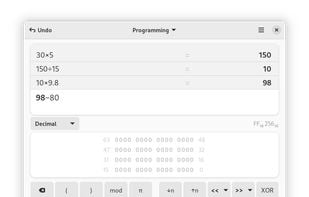
Provides video conferencing with high-quality video and screen sharing, supporting up to 100 participants, real-time whiteboard collaboration, group messaging, and VoIP. Compatible across devices including smartphones and PCs, offering flexibility for remote meetings.
Alternatives: ![]() Whereby,
Whereby, ![]() Jitsi Meet
Jitsi Meet




gedit is the GNOME text editor. While aiming at simplicity and ease of use, gedit is a powerful general purpose text editor.
Alternatives: ![]() Sublime Text
Sublime Text package manager: https://packagecontrol.io/
Sublime Text
Sublime Text package manager: https://packagecontrol.io/
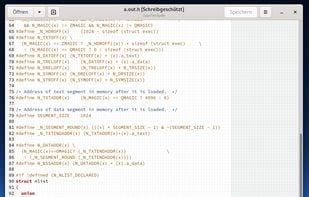
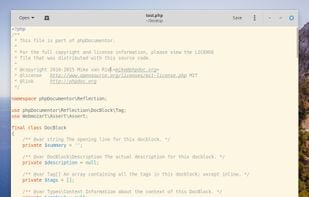
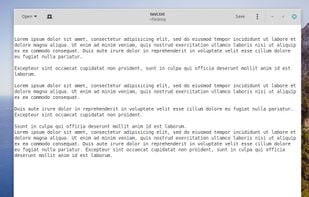
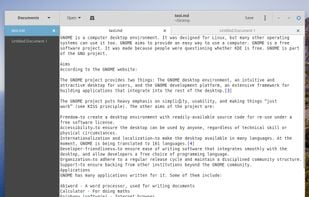
Meld is a visual diff and merge tool targeted at developers. Meld helps you compare files, directories, and version controlled projects. It provides two- and three-way comparison of both files and directories, and has support for many popular version control systems.
Alternatives: ![]() Beyond Compare,
Beyond Compare, ![]() SmartSynchronize
SmartSynchronize
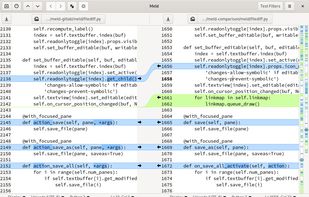
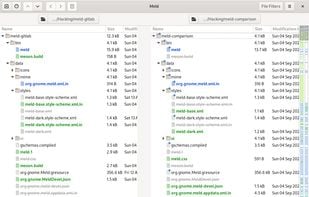
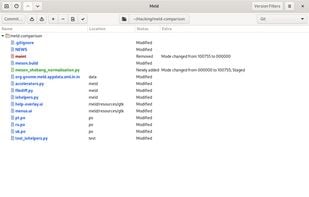
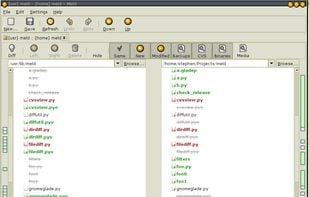
regexxer is a nifty GUI search/replace tool featuring Perl-style regular expressions. If you need project-wide substitution and you’re tired of hacking sed command lines together, then you should definitely give it a try.
Alternatives: ![]() FAR - Find And Replace,
FAR - Find And Replace, ![]() Rummage,
Rummage, ![]() Search Monkey,
Search Monkey, ![]() grep
grep
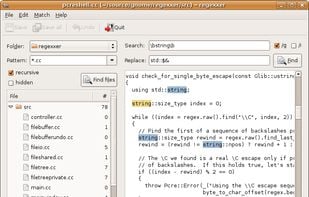
A document viewer for the GNOME desktop. You can view, search or annotate documents in many different formats. Evince supports documents in: PDF, PS, EPS, XPS, DjVu, TIFF, DVI (with SyncTeX), and Comic Books archives (CBR, CBT, CBZ, CB7).
Alternatives: Okular
Okular Snap: https://snapcraft.io/okular
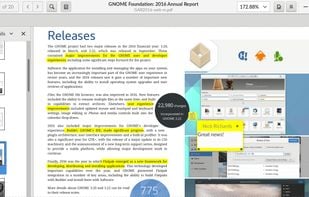
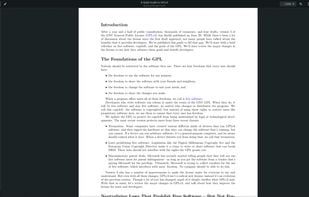
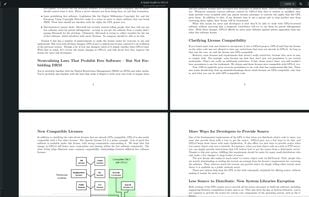
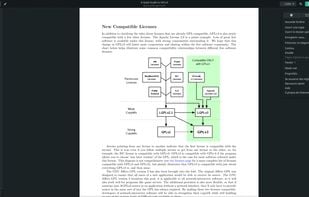
A simple and modern eBook viewer for Linux desktops. Supports EPUB, Mobipocket, Kindle, FictionBook, and comic book archive formats.
Alternatives: ![]() Bookworm
Bookworm Flatpak: https://flathub.org/apps/details/com.github.babluboy.bookworm
Bookworm
Bookworm Flatpak: https://flathub.org/apps/details/com.github.babluboy.bookworm
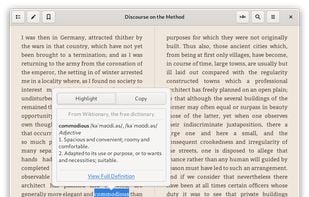
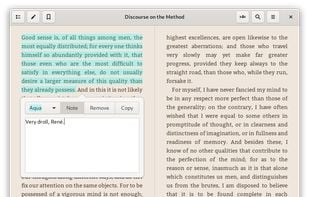
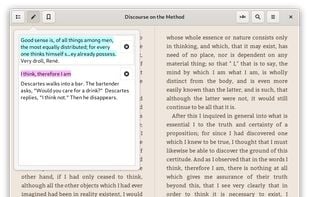
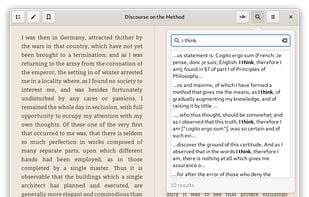
LibreOffice is a free and powerful office suite, and a successor to ![]() Apache OpenOffice.
Apache OpenOffice.
Alternatives: ONLYOFFICE
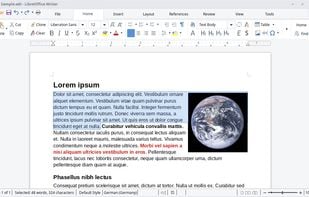
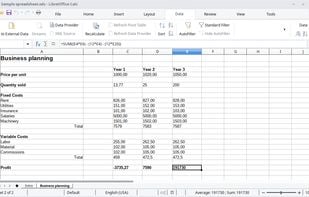
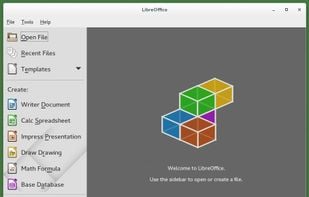

LanguageTool offers spell and grammar checking. https://dev.languagetool.org/http-server

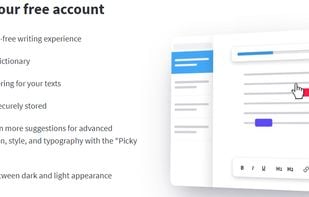

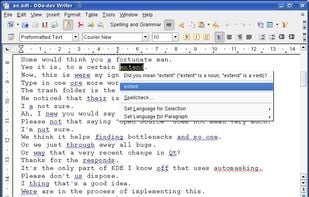
DocFetcher is an Open Source desktop search application: It allows you to search the contents of files on your computer. DocFetcher requires that you create so-called indexes for the folders you want to search in. The application runs on Windows, Linux and macOS, and is made available under the Eclipse Public License.
Alternatives: ![]() Recoll
Recoll
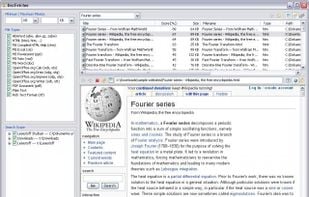
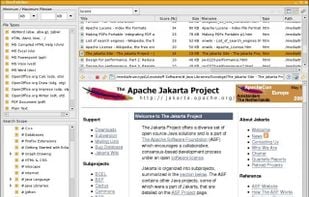
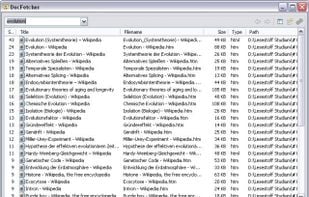
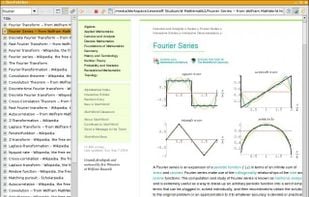
FSearch is a fast file search utility, inspired by ![]() Everything Search Engine. It's written in C and based on GTK+3.
Everything Search Engine. It's written in C and based on GTK+3.
Alternatives: ![]() ANGRYsearch,
ANGRYsearch, ![]() DawnlightSearch
DawnlightSearch
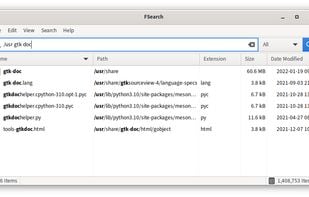
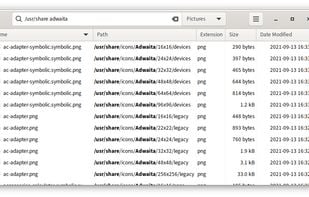
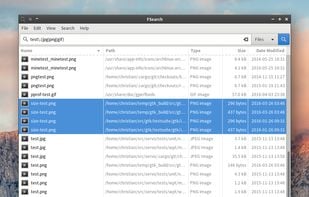
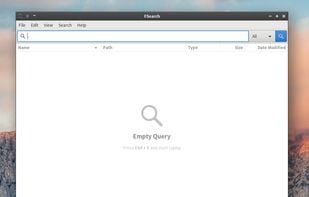
FreeFileSync is a folder comparison and synchronization software that creates and manages backup copies of all your important files. Instead of copying every file every time, FreeFileSync determines the differences between a source and a target folder and transfers only the minimum amount of data needed. FreeFileSync is Open Source software, available for Windows, macOS, and Linux.
Alternatives: ![]() DirSync Pro
DirSync Pro
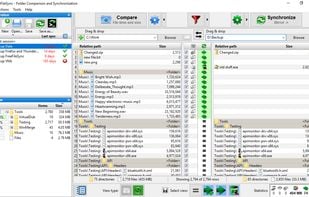
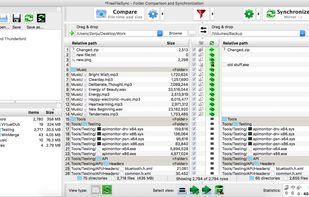
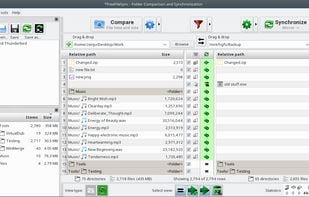
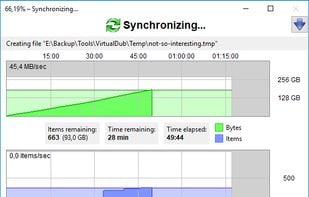
A simple and lightweight translator that allows to translate and speak text using Google, Yandex and Bing.
Alternative: Dialect,
![]() Translate Shell + xsel +
Translate Shell + xsel + ![]() Yad
Yad
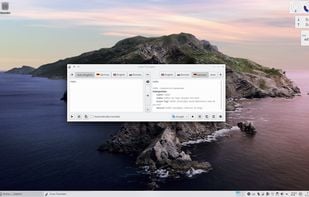
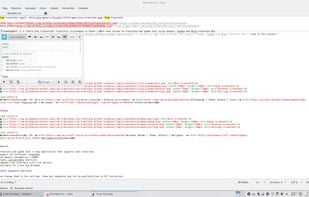
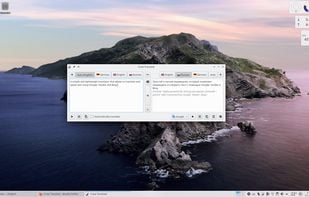
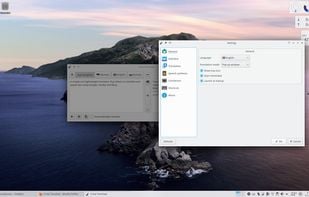
GoldenDict is a feature-rich dictionary lookup program. Lingvo dictionaries decompiler: https://github.com/nongeneric/lsd2dsl
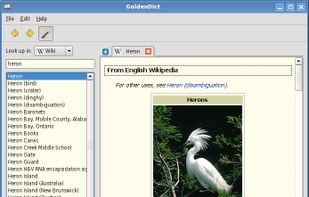
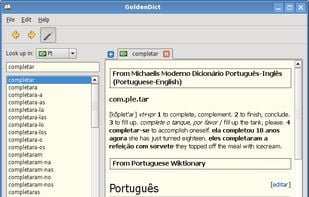
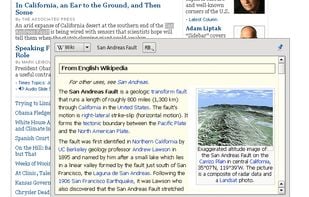
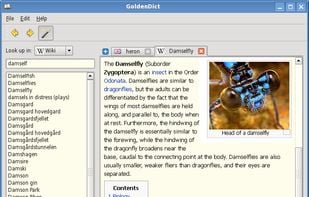
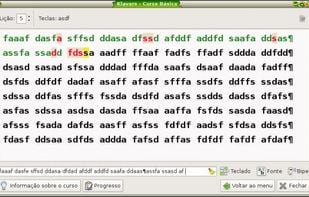

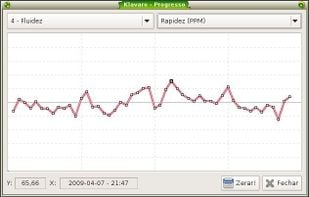
Eye of GNOME is the GNOME image viewer. Supported formats: https://help.gnome.org/users/eog/stable/formats-view.html.en
Alternatives: gThumb
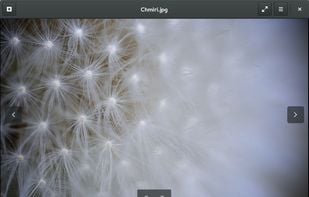
XnView MP is a versatile and powerful photo viewer, image management, image resizer. XnView is one of the most stable, easy-to-use, and comprehensive photo editors. All common picture and graphics formats are supported (JPEG, TIFF, PNG, BMP, WEBP, GIF, APNG, PSD, JPEG2000, OpenEXR, HEIC, camera RAW).
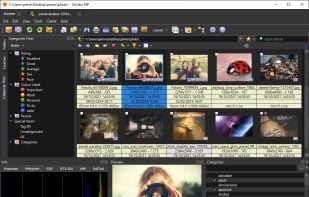
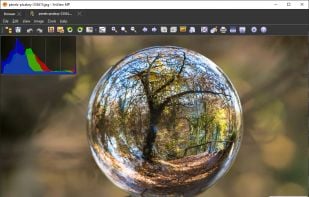
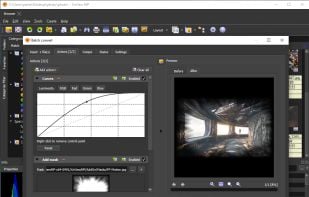
XnConvert is a fast, powerful and free cross-platform batch image converter, It allows to automate editing for your massive photo collections, you can rotate, convert and compress your different images, photos and pictures easily, and apply over 80 actions (like resize, crop, color adjustements, filter, ...). All common picture and graphics formats are supported. You can save and re-use your presets for another batch image convert.
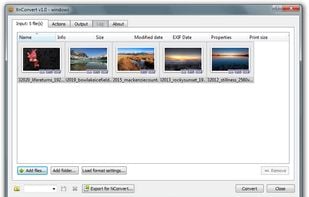
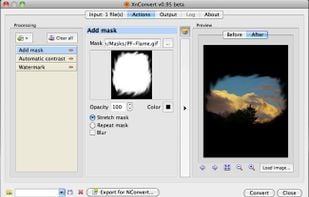
Pinta is a free, open source drawing/editing program modeled after ![]() Paint.NET. Its goal is to provide users with a simple yet powerful way to draw and manipulate images on Linux, macOS, Windows and *BSD.
Paint.NET. Its goal is to provide users with a simple yet powerful way to draw and manipulate images on Linux, macOS, Windows and *BSD.
Alternatives: KolourPaint,
Drawing,
![]() Dibuja
Dibuja
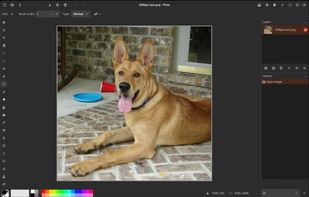
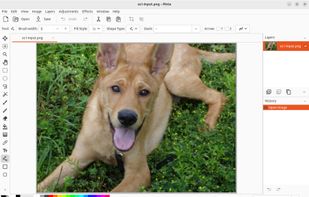
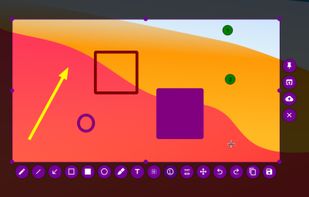
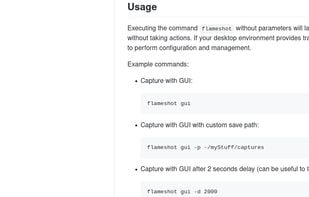
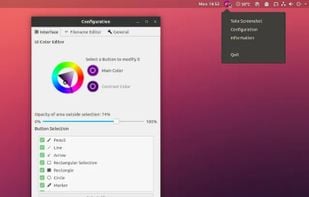
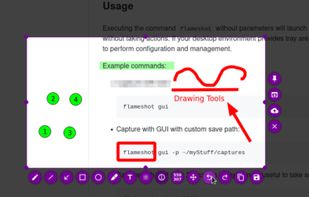
Comments
Thanks for the effort, it's a usable list for me.